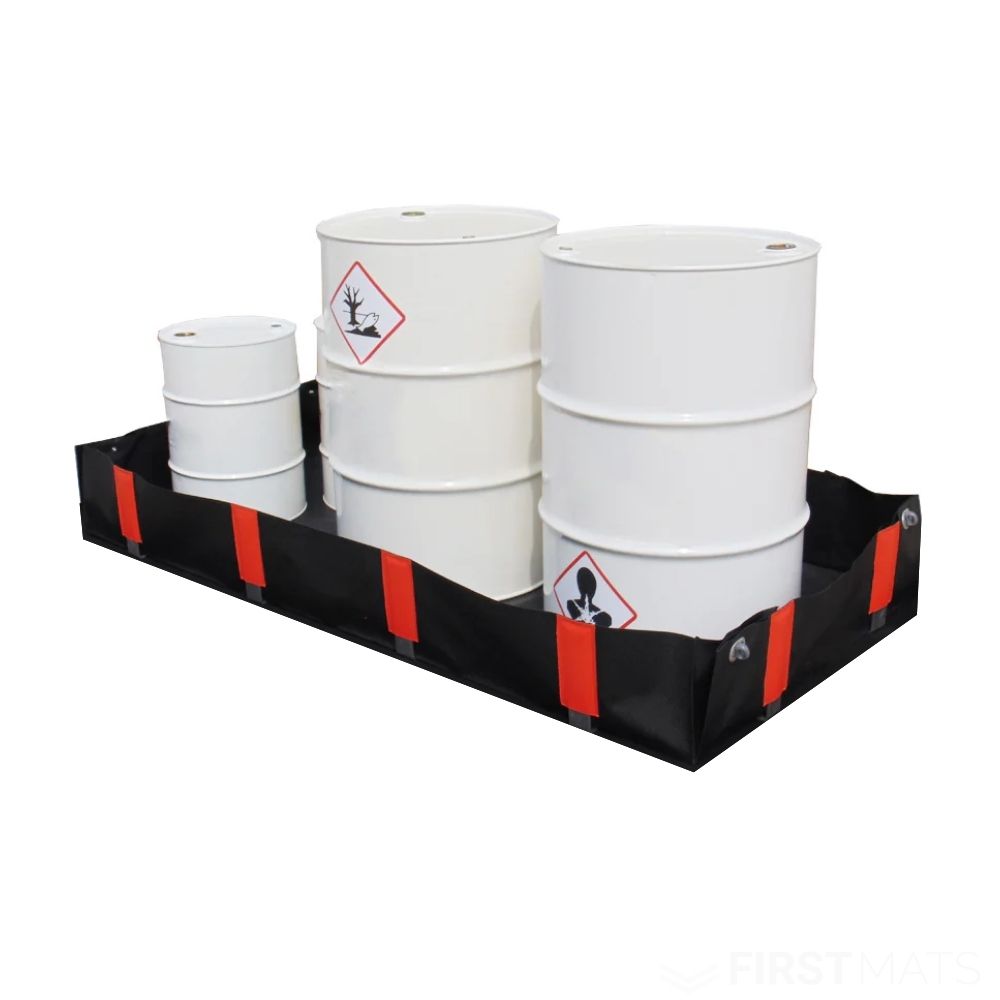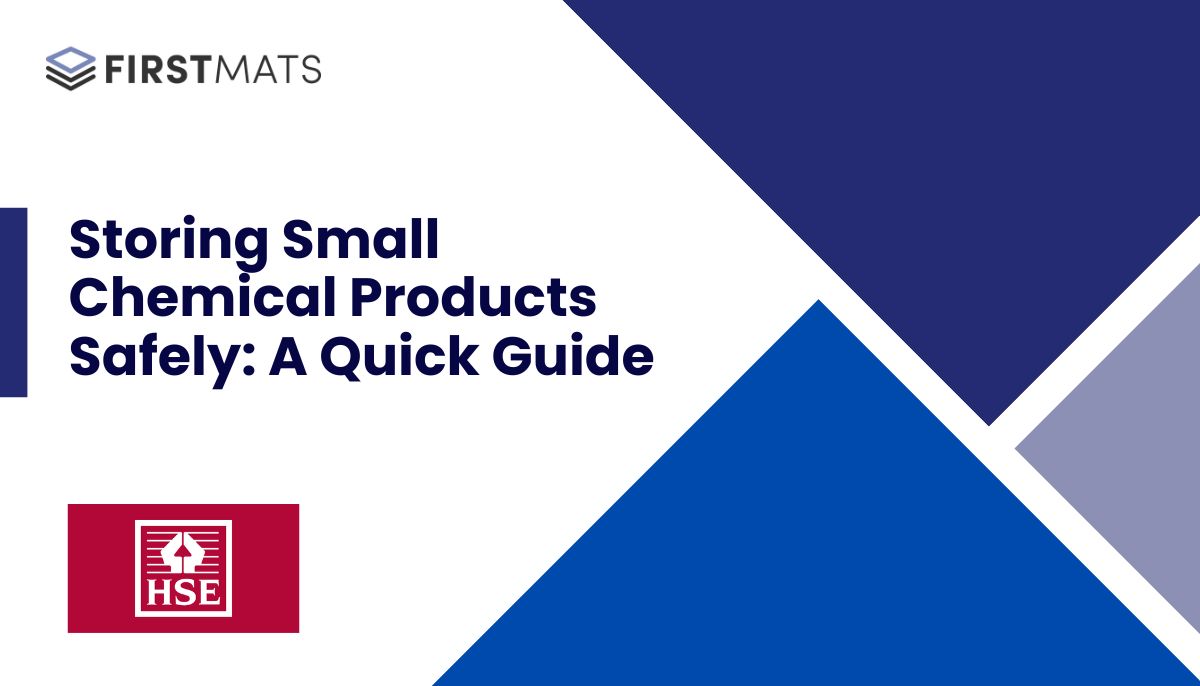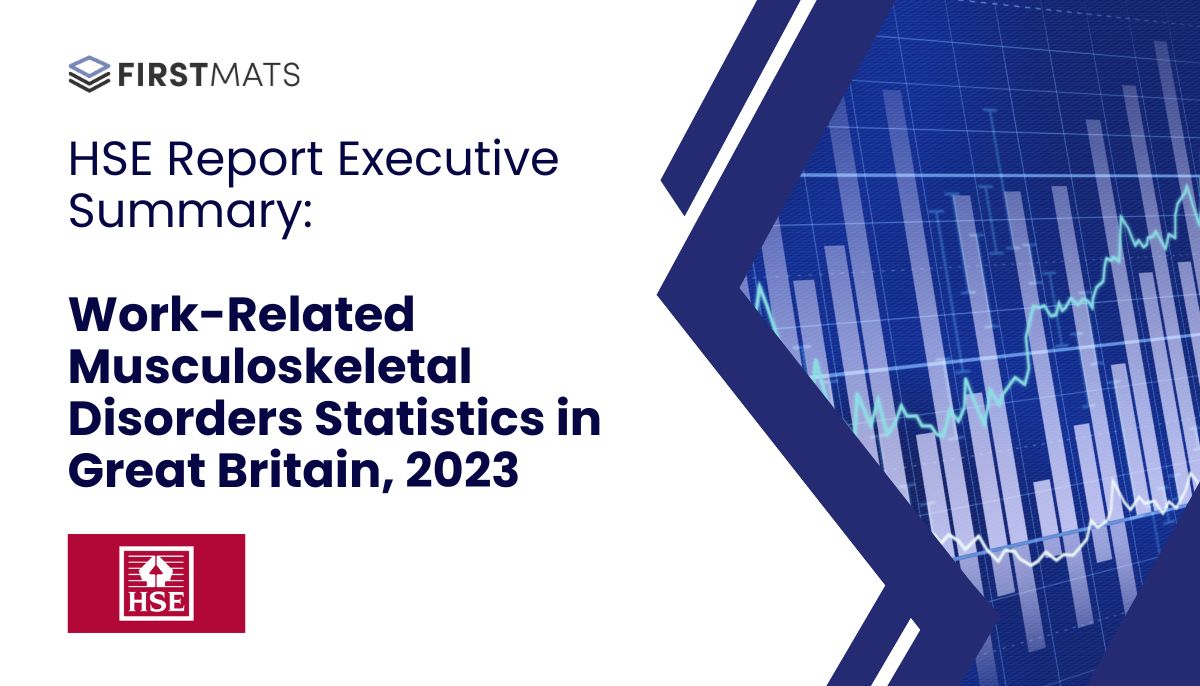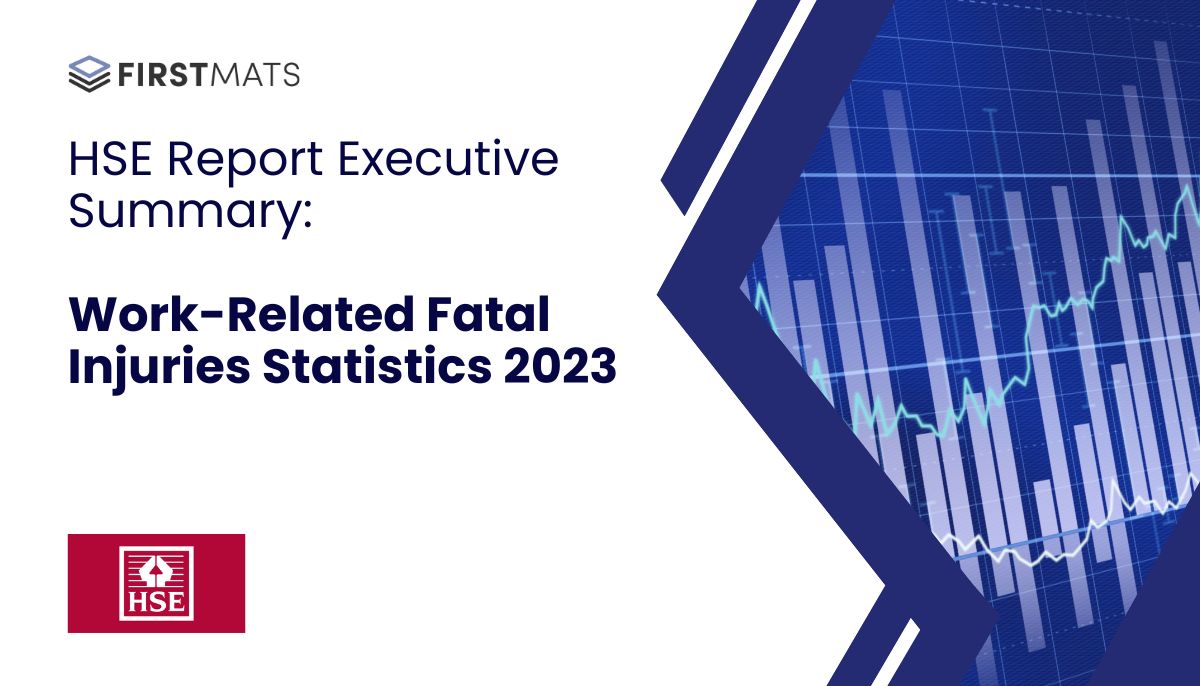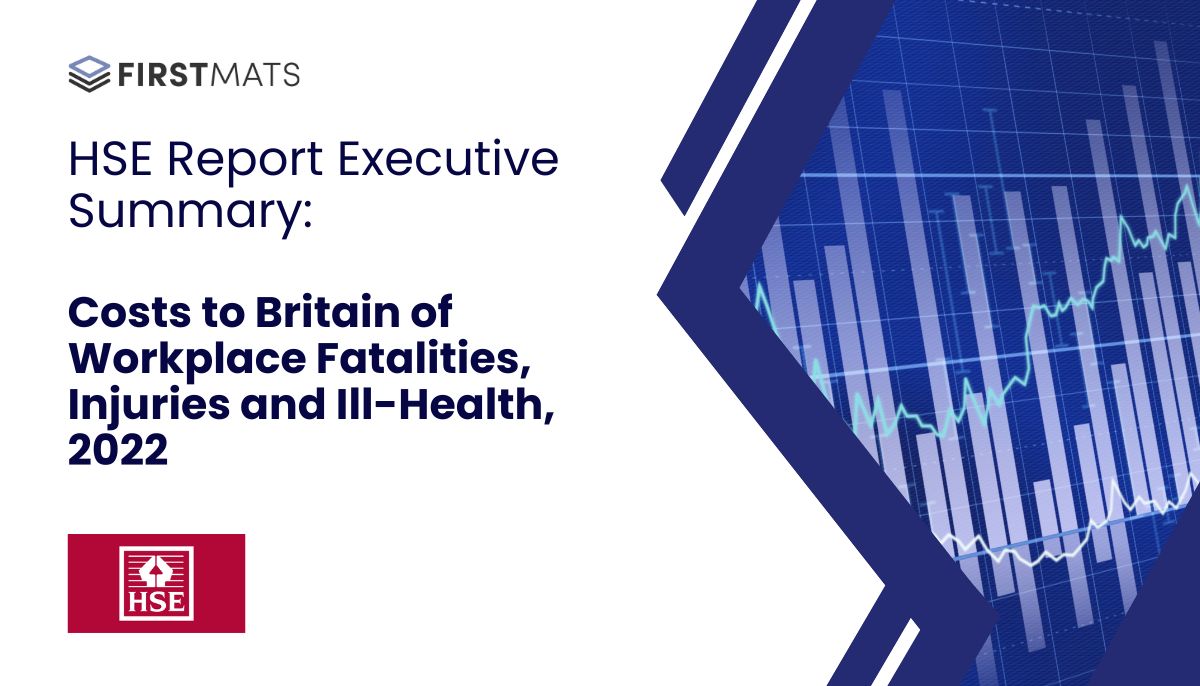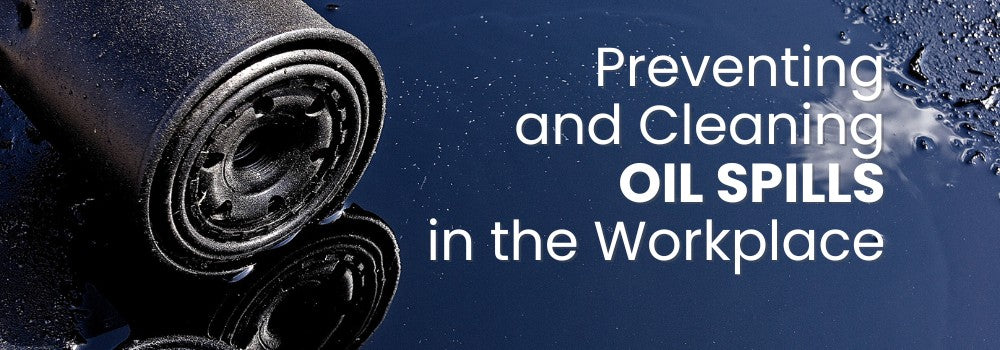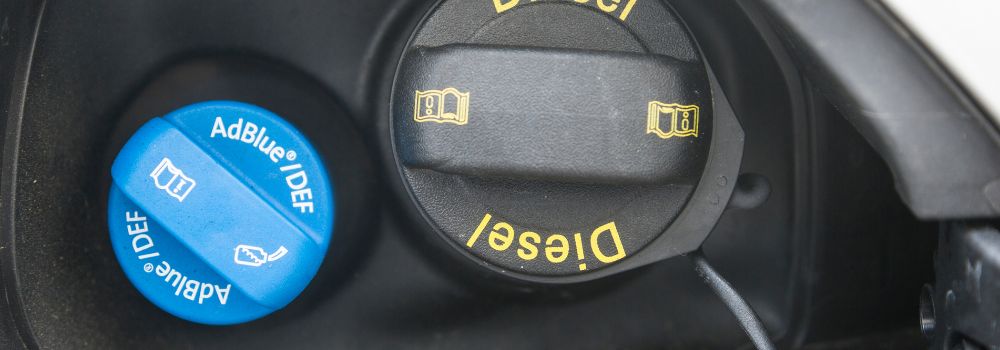The Environmental Impact of Generator Spills and How to Mitigate Them

by Richard O'Connor
Aug 16, 2023 | *4 minutes to readGenerators, while vital in modern life for a variety of applications, come with certain environmental risks. When not managed properly, spills from these machines can have devastating effects on our natural surroundings. But with proper care and containment measures, these risks can be substantially minimised.
Understanding the Consequences of Spills
Soil Contamination: A single spill can negatively affect soil health and its productive capacity. When chemicals from the generator leach into the ground, they disrupt ecosystems, making it difficult for plants and microorganisms to thrive.
Water Pollution: Spills often find their way into our water systems, leading to marine life deaths and posing health risks to humans who consume this water.
Air Quality: Emissions from unburned fuel contribute to air pollution, a growing concern in many urban areas.
Harm to Local Flora and Fauna: Once pollution begins, local ecosystems can suffer cascading effects, impacting everything from tiny insects to large mammals.
Generator-Related Environmental Incidents
A recent report by the National Transportation Safety Board highlighted the dangers of generator spills. They investigated the fire and subsequent sinking of the fishing vessel ‘Master D’ in the Gulf of Mexico in August 2018. The primary culprit? Leaking lube oil from the diesel generator. Such incidents underscore the importance of regular maintenance and proper spill containment.
Practical Steps to Reduce Environmental Damage
Regular Maintenance: Regular checks and replacing old or damaged parts can help prevent unforeseen leaks.
Spill Containment Solutions: The SpillTector Generator Drip Tray is a recent innovation that addresses many issues of leaks, even in outdoor settings. The hydrophobic mat in the tray's bottom absorbs oil and fuel while repelling water, preventing harmful liquid leaks without getting saturated by rain.
Safe Fuel Handling Practices: Proper storage, transfer, and disposal methods can prevent many potential spills from ever occurring.
Education and Training: All operators and individuals handling generators should be well-trained in best practices. Knowledge is the first step to prevention.

Regulations for Spill Containment
The Environment Protection Act 1990 (EPA) sets the UK's baseline for environmental protection. It is comprehensive, including provisions on preventing and controlling pollution. The Control of Pollution (Oil Storage) Regulations 2001 (COPOSR) provides specific requirements for those storing oil, such as in generators. These guidelines mandate the proper maintenance of oil storage tanks and ensure adequate spill containment measures.
Richard O'Connor, Technical Director of First Mats, emphasises the importance of these guidelines, saying, "The rules aren't just there for show. They protect our environment and communities and guide businesses in responsible operation. It's imperative that we adhere to them."
Benefits of Proactive Spill Prevention
Proactive spill prevention offers both tangible and intangible benefits for construction firms. Financially, preventing spills can result in significant savings. Cleanup costs, from employing cleaning agents to soil remediation, are far greater than preventive measures. Additionally, halting operations due to spills can lead to costly delays, not to mention potential contractual penalties.
The health and safety implications are equally paramount. A spill-free site is inherently safer, minimising hazards such as slips or chemical exposures. Chronic exposure to certain chemicals can have long-term health repercussions for construction workers, making prevention a crucial aspect of worker welfare.
Reputation is invaluable in the construction business. In an era where sustainability is prized, a company's commitment to proactive spill management can be a major selling point. News of spills can tarnish a firm's image overnight, but a dedication to green practices can elevate it. Many modern clients prioritise environmental responsibility, meaning spill prevention can also be a competitive advantage in securing contracts.
Beyond the immediate project, the broader implications of spill prevention are far-reaching. Maintaining soil integrity is fundamental to the longevity and safety of constructed structures. Furthermore, building good relations with local communities can be greatly facilitated by showcasing genuine environmental concern, ensuring smoother operations.
In essence, proactive spill prevention isn't just about being eco-friendly. It's a holistic approach that benefits the firm, the workers, the clients, and the broader community.
Conclusion
Generators are indispensable tools in our daily lives, but with their usage comes responsibility. By understanding the risks and taking proactive steps, we can use these machines without compromising the health of our planet. Always prioritise safety, the environment, and adhere to regulations, ensuring a brighter future for all.
See our full range of Spill Control Products for more containment solutions.
Explore More Topics
Frequently Asked Questions
If you have any questions, we’re here to help
How long does delivery take?
Each product comes with a specified lead time for delivery. We'll keep you informed if there are any delays in meeting this timeline.
Typically, once you’ve finalised your order and approved the proof, it will take 4-5 business days to make and deliver your finished mat.
If my order is damaged, can I return or exchange it?
Got a problem with your order? If something's not right or you're not thrilled with the quality, just let us know within 14 days of getting it. Drop us a line, and we'll tell you what to do next—usually, it starts with you sending us a photo of the issue. Once we check that out, we'll sort you out with a refund or a new item, no fuss.
Can I get my mat delivered more quickly?
Need your item in a hurry? Just Contact us to explore the faster delivery options we might have for you!
If my custom mat is damaged, can I return or exchange it?
Got a problem with your order? If something's not right or you're not thrilled with the quality, just let us know within 14 days of getting it. Drop us a line, and we'll tell you what to do next—usually, it starts with you sending us a photo of the issue. Once we check that out, we'll sort you out with a refund or a new item, no fuss.
























